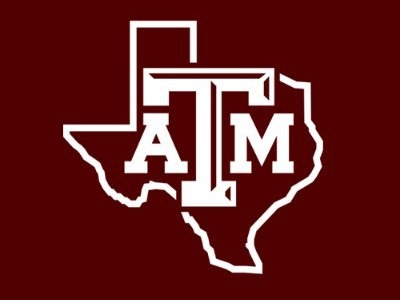
Political Tensions Rise Over Gender Identity Education
The recent dismissal of two officials at Texas A&M University has ignited a heated debate across the state regarding gender identity education in schools. The decision came in the wake of a viral video showing a confrontation between a student and a professor about LGBTQ-related content in a children's literature course. This incident reflects broader political pressures surrounding the teaching of gender identity and sexuality in educational institutions.
The Backlash: Who’s Responsible?
In response to the outrage sparked by the video, Texas A&M President Mark A. Welsh III announced that the dean and department head involved in the course would be removed from their positions. This change illustrates the significant influence that political voices have within the academic sphere, highlighting the clash between educational integrity and political accountability. “Our students use the published information in the course catalog to make important decisions,” Welsh stated, emphasizing the importance of adherence to curriculum descriptions. Critics, including Texas lawmakers, have insisted that professors should not impose their personal political views in the classroom, a line that the university was accused of crossing.
Understanding the Context: Gender Identity and Education
This event is part of a larger national discussion about the inclusion of LGBTQ content in school curriculums. For many educators, gender identity is a critical aspect of modern pedagogy, supporting a more inclusive understanding of literature and humanity. However, opponents argue that this type of education infringes on personal beliefs and educational propriety.
Future Implications: A Worrying Trend in Education
The response to this incident raises concerns about the treatment of educators who seek to incorporate comprehensive teaching methods that reflect current societal understandings of gender and sexuality. The rapid decisions made by the Texas A&M administration may signal a trend of capitulating to political pressures, which could hinder educators' abilities to present information based on solid academic foundations rather than political ideologies.
Voices from the Community: Perspectives on the Teaching of Gender Identity
Students and faculty at Texas A&M have begun voicing their concerns regarding the stability of academic freedom under such intense scrutiny. One student commented, “If our faculty members can't teach what they believe is important, how can we have an honest and open learning environment?” The dismissal of faculty for teaching controversial content could lead to self-censorship among educators, ultimately harming students' learning experiences.
Action and Response from Authorities: What Comes Next?
Further action from state legislators and the U.S. Department of Justice is expected, signaling ongoing investigations into academic practices that may breach guidelines or laws regarding educational content. The Texas A&M System Chancellor has also vowed to work closely with the Board of Regents to address these issues moving forward. As Texas grapples with these developments, the stakes for educators and students alike will only grow higher.
As this situation evolves, it will likely encourage students, parents, and educators to take a more active role in shaping the educational policies that govern their institutions. This incident may serve as a wake-up call for those who believe in the importance of comprehensive education regarding gender and identity.
For those interested in staying informed about the ongoing developments in Texas education and politics, it is crucial to keep a close eye on responses from both state authorities and educational institutions.
 Add Element
Add Element  Add Row
Add Row 



Write A Comment